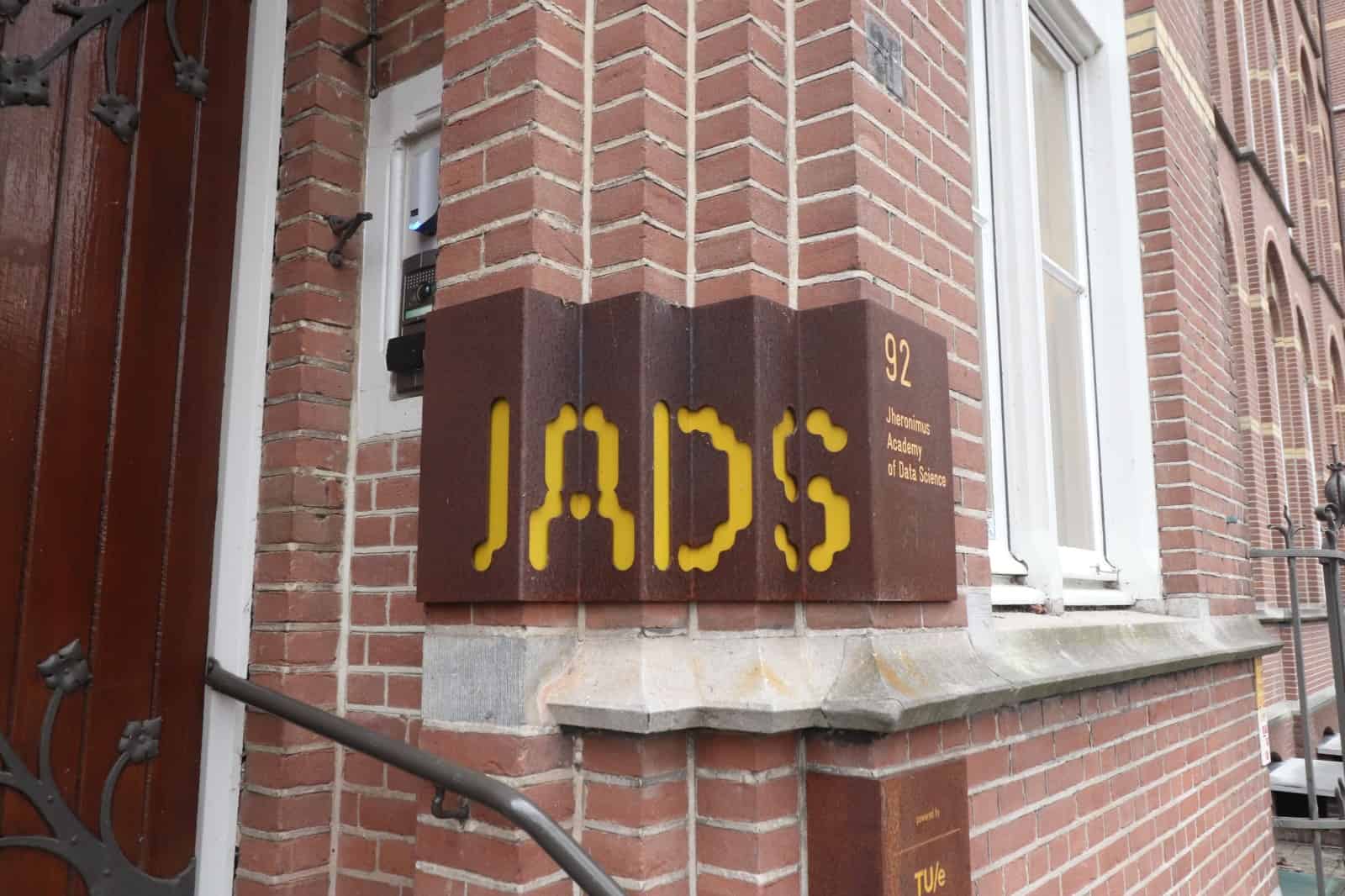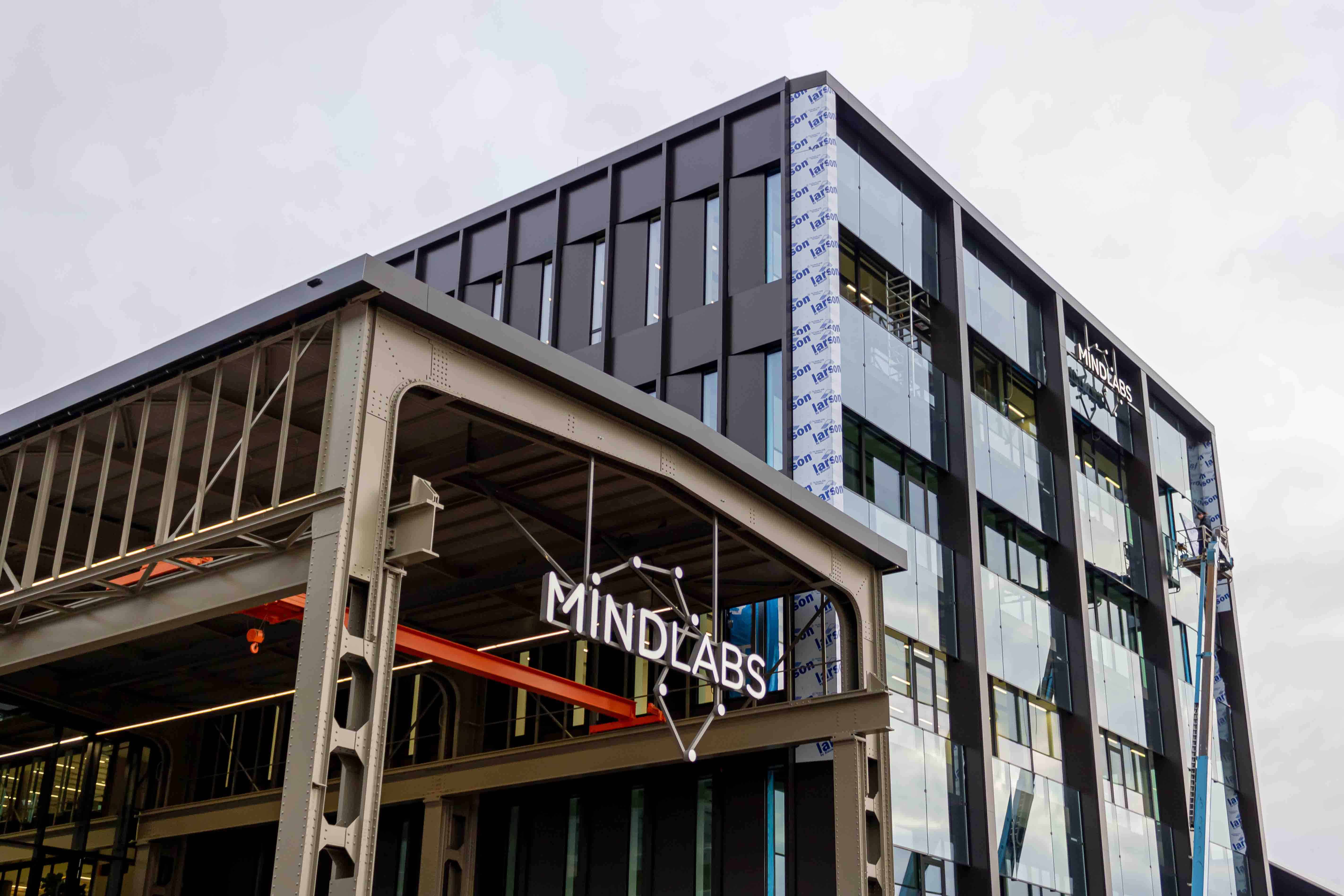
Helping children become more confident and better educated through an online platform. Especially children from rural areas in Arabic-speaking countries. Since where there is sometimes a lack of proper education, mobile phones can jump in and help. That is what they believe at NoBox Lab, a start-up from Tangier, one of the largest industrial cities in Morocco.
Co-owner Sophia El Barja talks about the origins of NoBox Lab and what it’s like to have a start-up in Morocco.
What is NoBox Lab?
NoBox Lab is a social enterprise that helps children gain certain skills, such as critical and innovative thinking, decision making and community participation. We do this through hands-on activities.
How do you plan to accomplish that?
“By doing practical activities with them on a variety of scientific topics. This can be done in cooperation with NGOs and at schools. Or in our office, where we also have a play room. On top of that, we are also developing an online platform full of videos wherein a child explains a particular natural phenomenon or scientific subject. Like why the sky is blue. Moreover, there will be online games on the platform too. Games that are fun to do, but that children really learn something from.”
Why is it called “NoBox Lab”?
“Because we think that the Moroccan school system pigeonholes children into boxes too quickly. This inhibits them and prevents them from daring to look any further than that box. We want to do away with pigeonholing and let children discover and see different things. Beyond those little boxes. Our motto is: “Don’t think outside the box, but think like there is no box”.
What problem does NoBox Lab resolve?
“Here in Morocco, you’re not likely to hear a child say that they want to become an astronaut or an engineer. That’s too far removed from their own lives here. NoBox Lab wants children to have a realistic and honest view of the opportunities that exist. And what they can do in this world. This can be done, for example, by conducting scientific experiments in schools. Developing online games about a little kid in outer space or making a video in which a child explains why the sky is blue.”
The platform is in Arabic, so we can reach children throughout the MENA region (Middle East, North Africa, Afghanistan and Pakistan). This is important: as it is precisely here that there are educational disadvantages in a lot of rural areas. While nowadays almost everyone (parents) has a mobile phone and can download our app.”
What are your plans for this coming year?
We hope that the online platform will be fully developed and available in the App and Play Store by the end of this year. The videos can already be viewed on our YouTube channel. The ideal scenario is that by December 2020 we will have a huge number of downloads from the App and Play Stores and a thousand subscribers to our channel.”
What is your revenue model?
“A monthly subscription, just like Netflix and Spotify. We’ve done market research and our target group – as in the children’s parents. They appear to be willing to pay for it.”
Where will NoBox Lab be in 5 years from now?
“Then our online platform will be available throughout the MENA region (Middle East, North Africa, Afghanistan and Pakistan) and there will be millions of Arabic-speaking children who will be able to stand on their own two feet thanks to our platform. We will also work even more closely together with NGOs and other companies working for the welfare of children.”
What is it like to own a start-up in Morocco?
“I don’t know if it’s true, but speaking from my own experience … If you can set up a start-up here, you can do it anywhere. It was really hard, especially in the beginning. The funding, the support of other entrepreneurs and my own family. In Morocco we have a certain image of an entrepreneur: a man with a lot of money and a thick Rolex on his wrist. If you don’t live up to that, you’re not taken seriously very easily. I have to say that things are starting to change, young people are being encouraged more and more by the government to be entrepreneurial.”
Cover photo: Sophia El Bahja and Walid Machrouh
You can read more IO articles about start-ups here.







